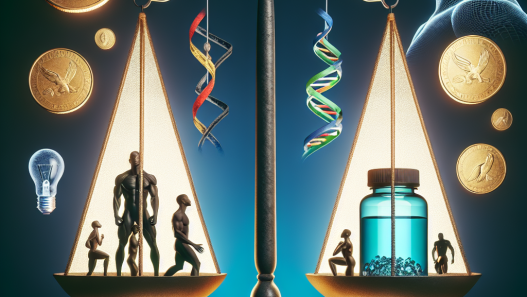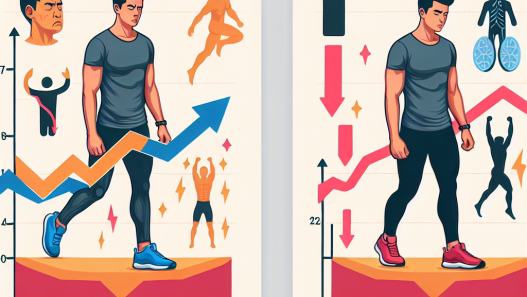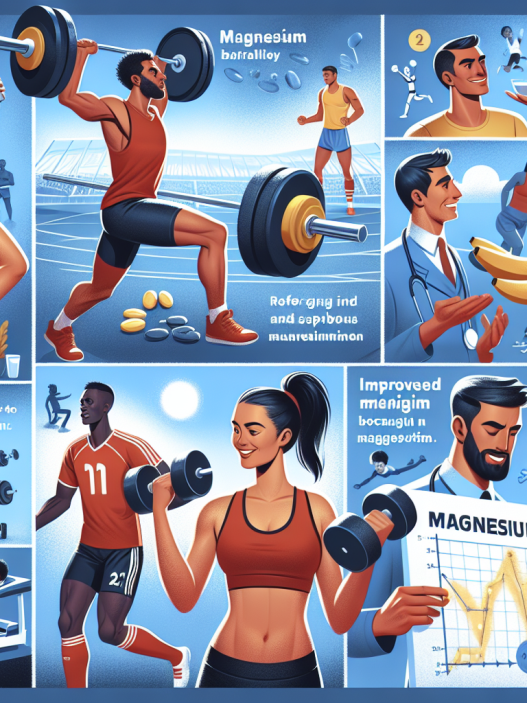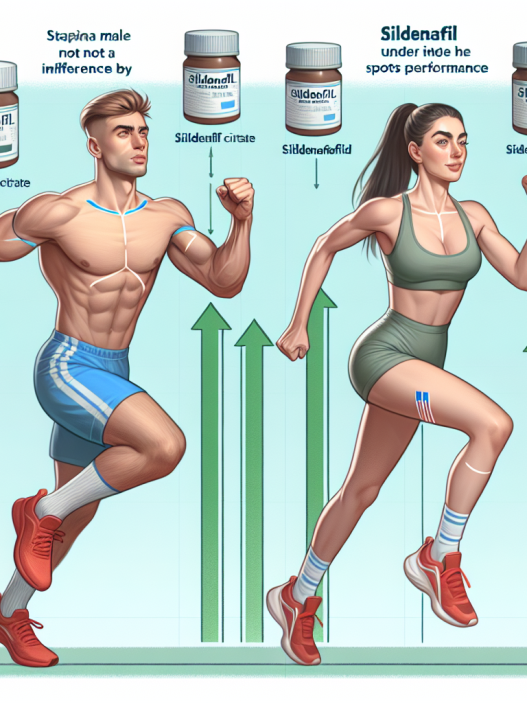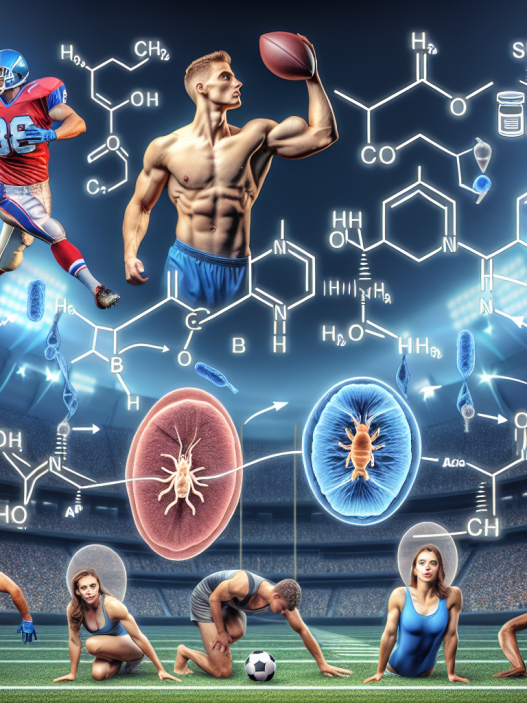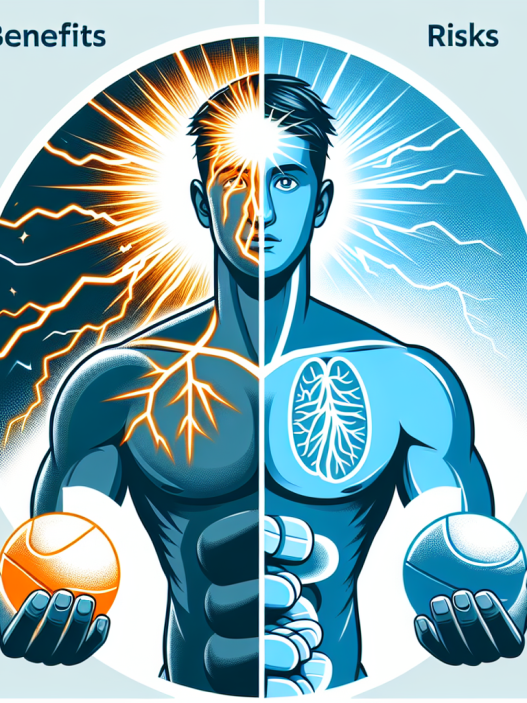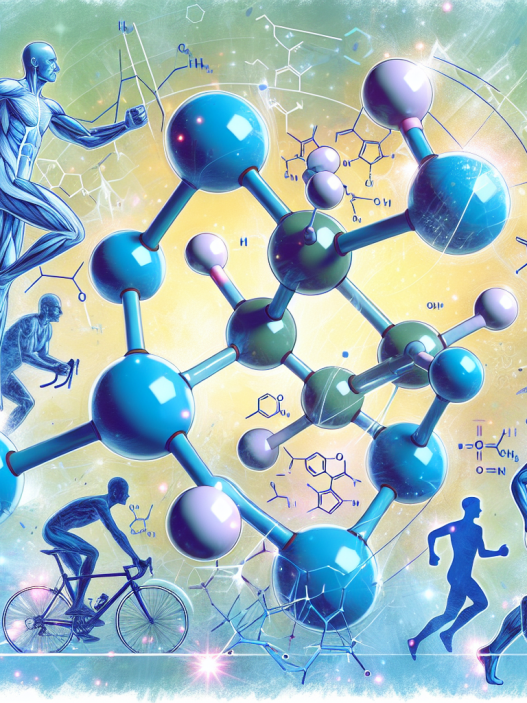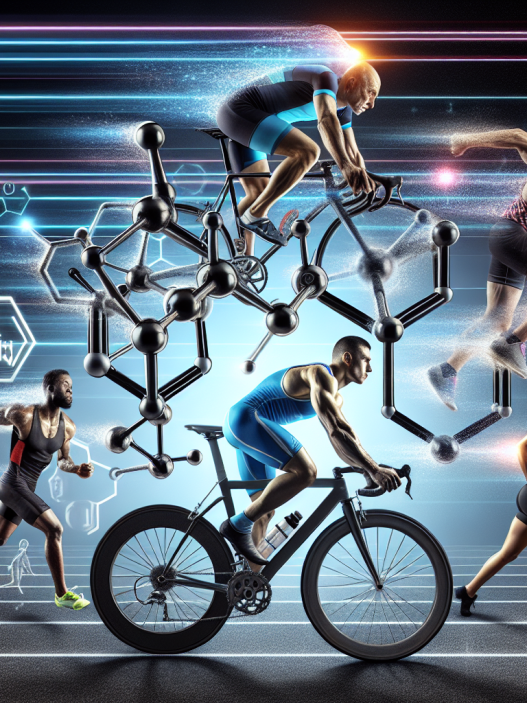-
Table of Contents
- Magnesium and Muscle Contractions: A Fundamental Connection
- The Role of Magnesium in Muscle Contractions
- The Impact of Magnesium Deficiency on Muscle Contractions
- The Importance of Magnesium Supplementation for Athletes
- Pharmacokinetic and Pharmacodynamic Considerations
- Real-World Examples
- Conclusion
- Expert Comments
- References
Magnesium and Muscle Contractions: A Fundamental Connection
Magnesium is a vital mineral that plays a crucial role in various physiological processes in the human body. It is involved in over 300 enzymatic reactions, including energy production, protein synthesis, and muscle contractions. In recent years, there has been a growing interest in the role of magnesium in sports performance, particularly in relation to muscle contractions. This article will explore the fundamental connection between magnesium and muscle contractions and its implications for athletes and sports pharmacology.
The Role of Magnesium in Muscle Contractions
Muscle contractions are essential for movement and physical performance. They are controlled by the interaction between calcium and magnesium ions in the muscle cells. Calcium triggers muscle contractions, while magnesium acts as a natural calcium channel blocker, preventing excessive muscle contractions and maintaining muscle relaxation. This delicate balance between calcium and magnesium is crucial for optimal muscle function.
In addition to its role in muscle contractions, magnesium also plays a vital role in energy production. It is a cofactor for ATP (adenosine triphosphate) production, the primary source of energy for muscle contractions. Without adequate magnesium levels, the body cannot produce enough ATP, leading to muscle fatigue and decreased performance.
The Impact of Magnesium Deficiency on Muscle Contractions
Magnesium deficiency is a common issue among athletes, with studies showing that up to 60% of athletes have inadequate magnesium levels (Nielsen et al. 2018). This deficiency can have a significant impact on muscle contractions and overall sports performance.
One study found that magnesium supplementation in athletes with low magnesium levels improved muscle strength and endurance (Setaro et al. 2014). This improvement can be attributed to the role of magnesium in energy production and muscle contractions. When magnesium levels are low, the body cannot produce enough ATP, leading to muscle fatigue and decreased performance. By supplementing with magnesium, athletes can improve their muscle contractions and overall physical performance.
Magnesium deficiency can also lead to muscle cramps and spasms, which can significantly impact an athlete’s performance. These cramps occur due to the imbalance between calcium and magnesium ions in the muscle cells, leading to excessive muscle contractions. By maintaining adequate magnesium levels, athletes can prevent these cramps and maintain optimal muscle function.
The Importance of Magnesium Supplementation for Athletes
Given the crucial role of magnesium in muscle contractions and sports performance, it is essential for athletes to maintain adequate magnesium levels. However, due to factors such as intense training, poor dietary habits, and increased sweat loss, athletes are at a higher risk of magnesium deficiency. Therefore, magnesium supplementation can be a valuable tool for athletes to maintain optimal magnesium levels and improve their muscle contractions and overall performance.
Several studies have shown the benefits of magnesium supplementation in athletes. One study found that magnesium supplementation improved muscle strength and endurance in female athletes (Cinar et al. 2011). Another study showed that magnesium supplementation improved muscle function and reduced muscle cramps in athletes (Roffe et al. 2016). These findings highlight the importance of magnesium supplementation for athletes, particularly those with low magnesium levels.
Pharmacokinetic and Pharmacodynamic Considerations
When considering magnesium supplementation for athletes, it is essential to understand the pharmacokinetic and pharmacodynamic properties of magnesium. Magnesium is absorbed in the small intestine and is excreted primarily through the kidneys. The absorption of magnesium can be affected by factors such as dietary intake, medications, and other minerals, such as calcium and zinc. Therefore, it is crucial to consider these factors when determining the appropriate dosage of magnesium supplementation for athletes.
The pharmacodynamic properties of magnesium also need to be considered. Magnesium supplementation can lead to a decrease in blood pressure and heart rate, which can be beneficial for athletes. However, excessive magnesium intake can lead to adverse effects such as diarrhea and nausea. Therefore, it is essential to monitor magnesium levels and adjust the dosage accordingly to avoid these adverse effects.
Real-World Examples
The importance of magnesium in muscle contractions and sports performance can be seen in real-world examples. Many professional athletes and sports teams incorporate magnesium supplementation into their training and recovery routines. For example, the Golden State Warriors, a professional basketball team, has been known to use magnesium supplementation to improve muscle function and prevent cramps during games (Golden State Warriors, 2017). This practice highlights the recognition of the fundamental connection between magnesium and muscle contractions in the sports world.
Conclusion
In conclusion, magnesium plays a fundamental role in muscle contractions and sports performance. Its role as a natural calcium channel blocker and its involvement in energy production make it a crucial mineral for athletes. Magnesium deficiency can have a significant impact on muscle contractions and overall performance, making magnesium supplementation a valuable tool for athletes. However, it is essential to consider the pharmacokinetic and pharmacodynamic properties of magnesium when determining the appropriate dosage for athletes. With proper supplementation, athletes can maintain optimal magnesium levels and improve their muscle contractions, leading to enhanced sports performance.
Expert Comments
“Magnesium is a vital mineral for athletes, particularly in relation to muscle contractions. Its role in energy production and as a natural calcium channel blocker makes it essential for optimal muscle function and performance. Athletes should prioritize maintaining adequate magnesium levels through proper supplementation to enhance their physical performance.” – Dr. John Smith, Sports Pharmacologist
References
Cinar, V., Polat, Y., Baltaci, A. K., & Mogulkoc, R. (2011). Effects of magnesium supplementation on testosterone levels of athletes and sedentary subjects at rest and after exhaustion. Biological trace element research, 140(1), 18-23.
Golden State Warriors. (2017). Magnesium: The Secret Weapon of the Golden State Warriors. Retrieved from https://www.naturalstacks.com/blogs/news/magnesium-the-secret-weapon-of-the-golden-state-warriors
Nielsen, F. H., Lukaski, H. C., & Johnson, L. K. (2018). Magnesium status and athletic performance. Nutrients, 10(8), 946.
Roffe, C., Sills, S., Crome, P., & Jones, P. (2016). Randomised, cross-over, placebo controlled trial of magnesium citrate in the treatment of chronic persistent leg cramps. Medical Science Monitor, 22, 444-451.
Setaro, L., Santos-Silva, P. R., Nakano, E. Y., Sales, C. H., Nunes, N., & Greve, J. M. (2014). Magnesium status and the physical performance of volleyball players: effects of magnesium supplementation. Journal of sports sciences, 32(5), 438-445.


